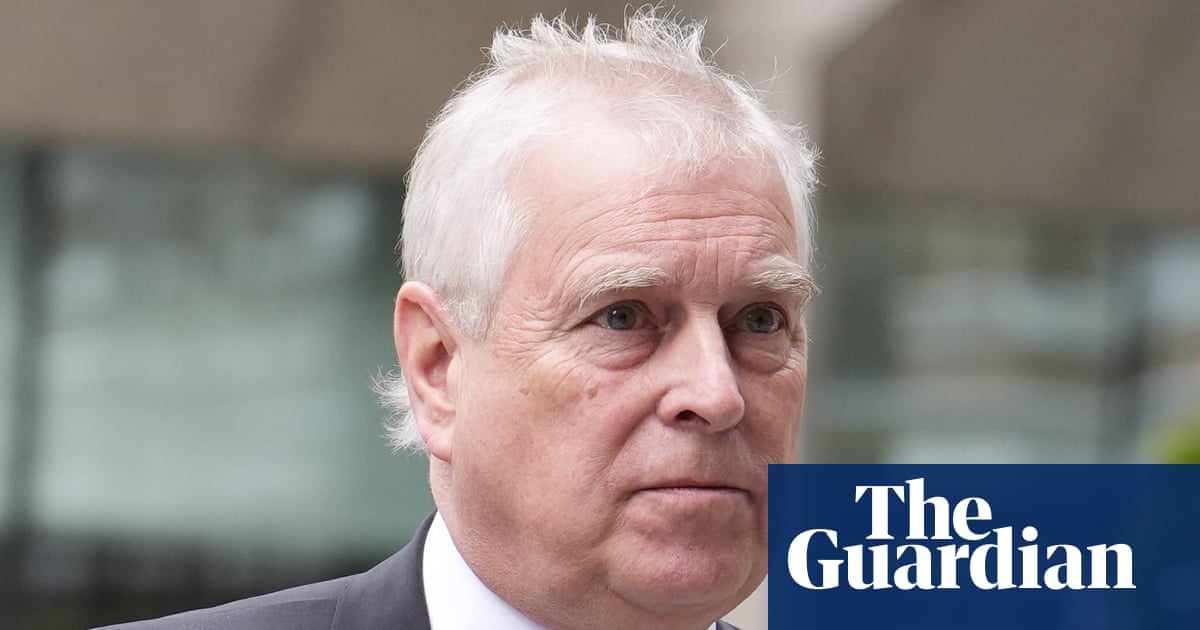Touring the Sunday morning political shows, the health secretary, Wes Streeting, compared Labour’s capitulation in Caerphilly last week to its notorious defeat in Hartlepool in a 2021 byelection – a humiliation that led Sir Keir Starmer to contemplate resigning as party leader. Now as then, Mr Streeting suggested, a historic rout in a heartland seat should compel Labour to change the “pace and scale” of its ambition.
It is a superficially plausible analogy, but one to treat with care. Four years ago, Hartlepool confirmed the view of influential figures around Sir Keir that if Labour was to succeed it would be through ruthlessly expunging the leftish influence of most of its members, in favour of a top‑down, centralised approach. The politics that subsequently emerged was technocratic, cautious to a fault and contemptuous of those who dared to remain within a supposed “ideological comfort zone”.
What Labour strategically requires now is something close to the opposite. Lucy Powell’s election as Labour’s new deputy leader – on a low turnout that testified to deep internal disenchantment – was a bottom-up rebuke to that effect. Ms Powell was the only cabinet minister sacked in the reshuffle prompted by the resignation of her predecessor, Angela Rayner. That has liberated her to articulate the view that a “course correction” is required: one that dials down the “command and control” style behaviour at the top, and starts to treat traditional Labour instincts and convictions on issues such as inequality and poverty as electoral assets rather than liabilities.
Although she will have no direct policy portfolio, Ms Powell expects to attend cabinet meetings. If Sir Keir is wise, he will welcome her reappearance as an opportunity to reset relations with the wider party, rather than as a threat. As a former deputy chief of staff to Ed Miliband, Ms Powell has affiliations with the soft left, but can hardly be considered an inveterate rebel. Had her warnings over the government’s doomed proposals to cut disability benefits been heeded, the prime minister may have avoided at least one of the humbling episodes that have punctuated his first 16 months in office.
Unlike Ms Rayner, Ms Powell will not enjoy the status that comes with combining the role of deputy leader with that of deputy prime minister. She will also have to tread a fine line. Ahead of what will be a tumultuous set of local elections in May, playing the role of a critical friend could deliver unintended gifts to political opponents. But her lobbying for a bolder assertion of Labour values and priorities – challenging Reform UK rather than allowing it to set the terms of debate in areas such as immigration – should be listened to by a government in dire need of reconnecting with the wider public.
The seeds of Labour’s precipitate decline in the polls were sown in the aftermath of last year’s election, when the winter fuel allowance was removed from about 10 million pensioners. That was a catastrophic misjudgment regarding what the public wanted – and expected – from a Labour administration. Plaid Cymru’s spectacular win in Caerphilly demonstrated that a generous politics of the common good can see off Nigel Farage, if prosecuted with vigour and confidence. Labour’s route to recovery lies in rediscovering its social democratic soul, and uniting other progressive forces around it. That Ms Powell now has her seat back at the cabinet table, and can make that case at the top of Labour, is welcome news.
-
Do you have an opinion on the issues raised in this article? If you would like to submit a response of up to 300 words by email to be considered for publication in our letters section, please click here.

 2 months ago
61
2 months ago
61

















































